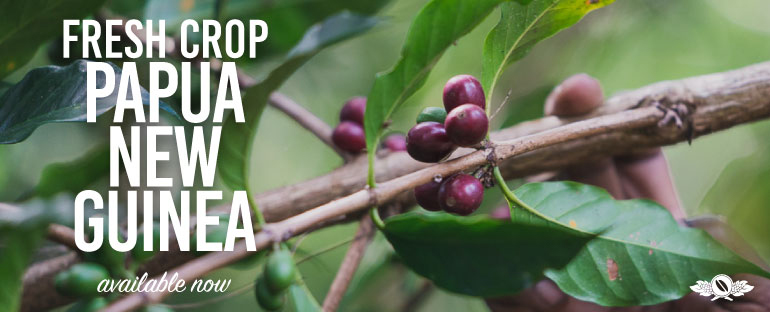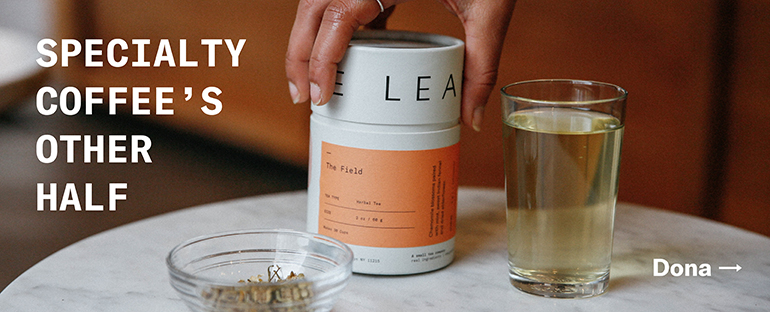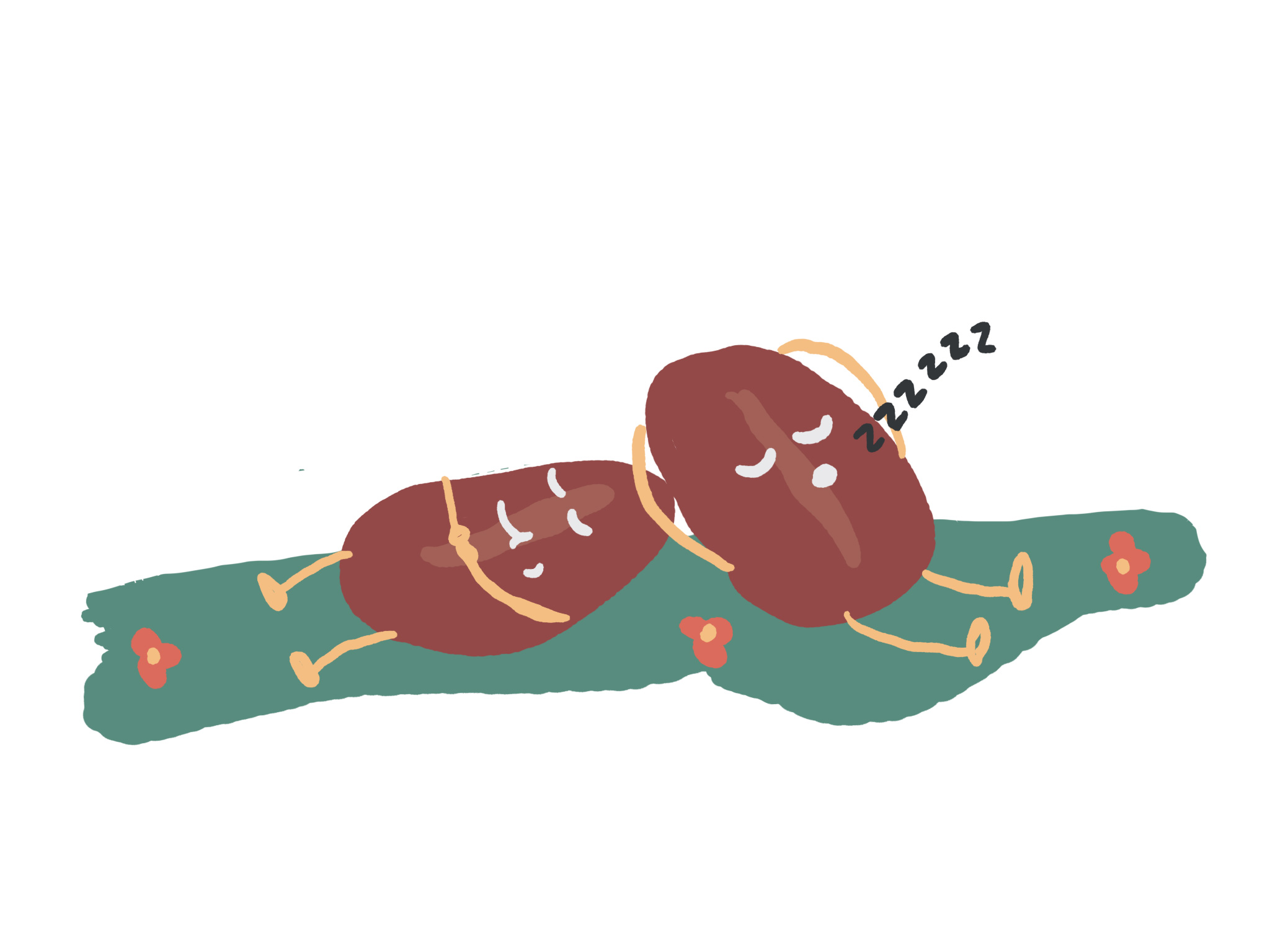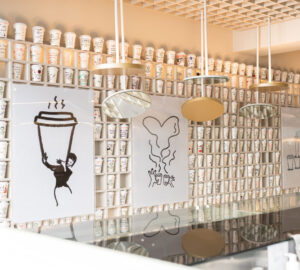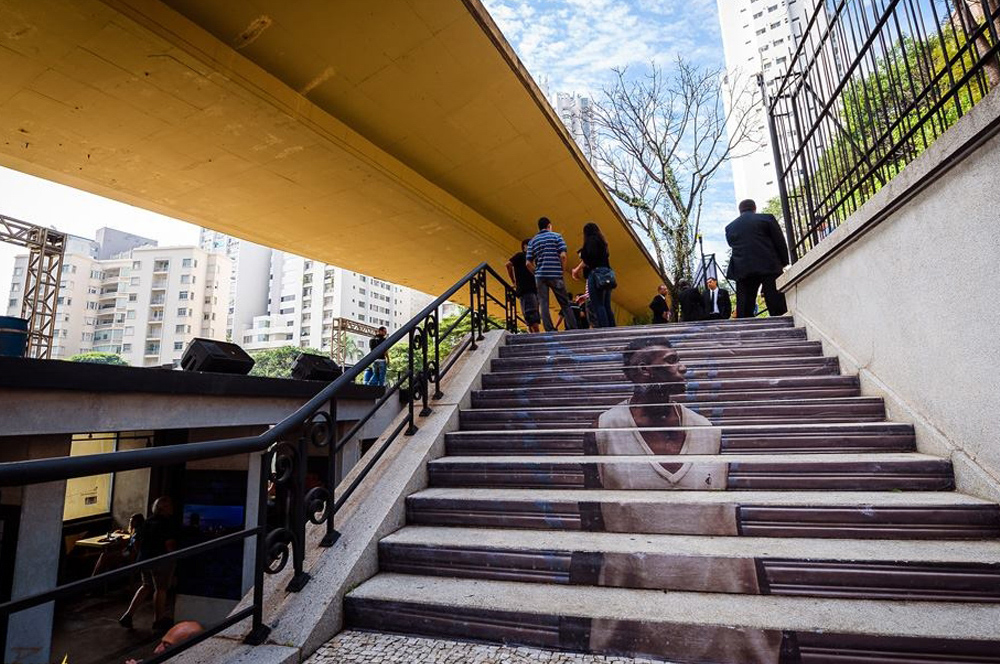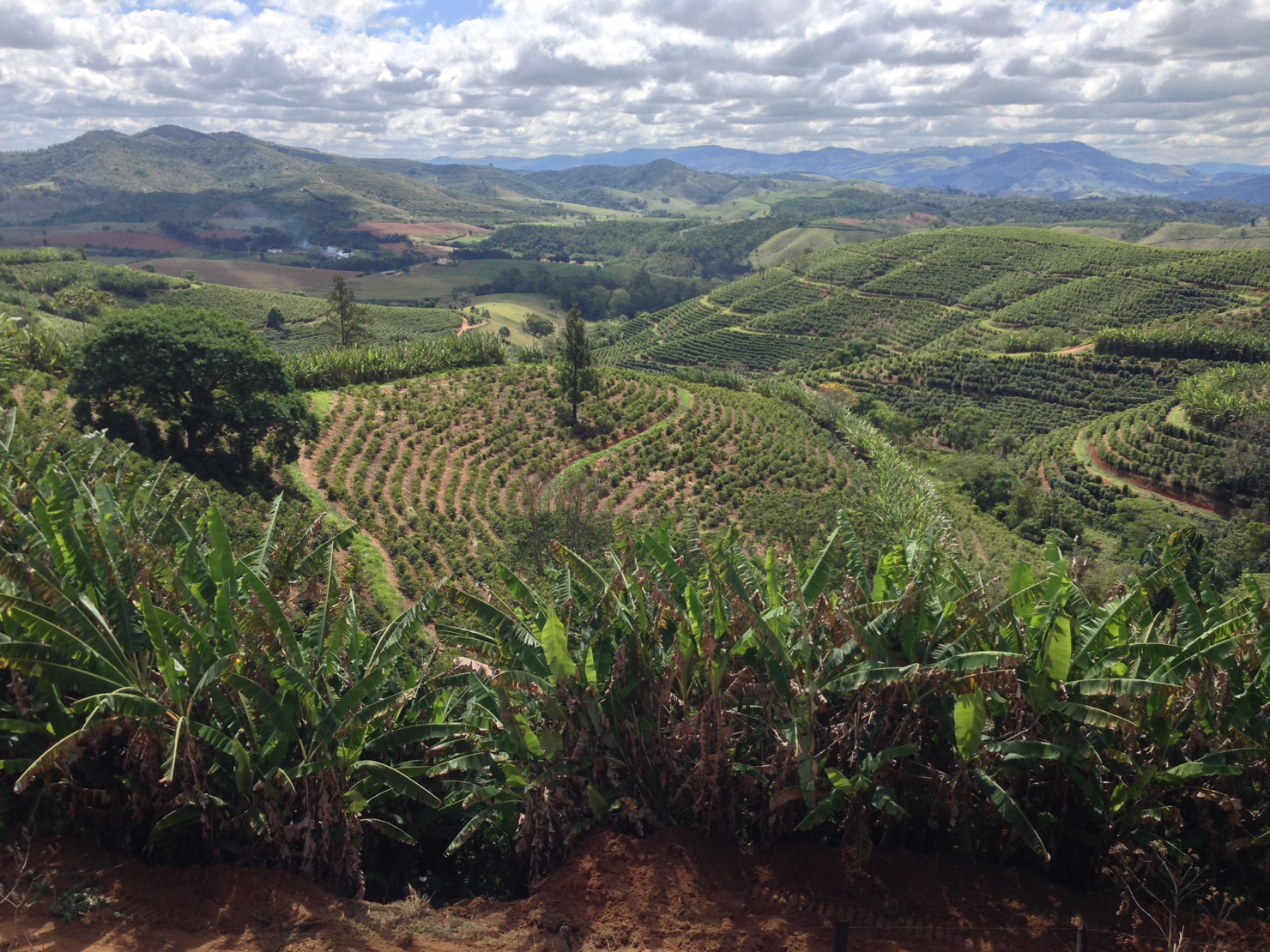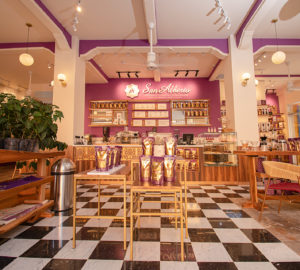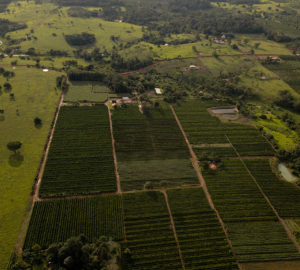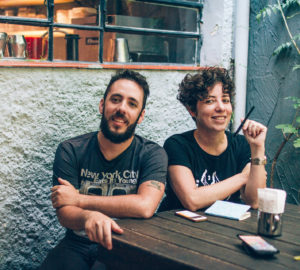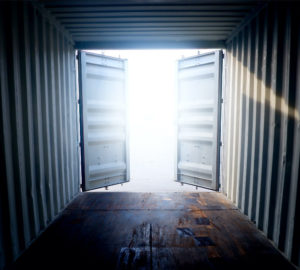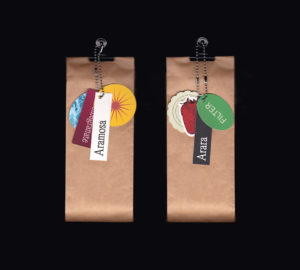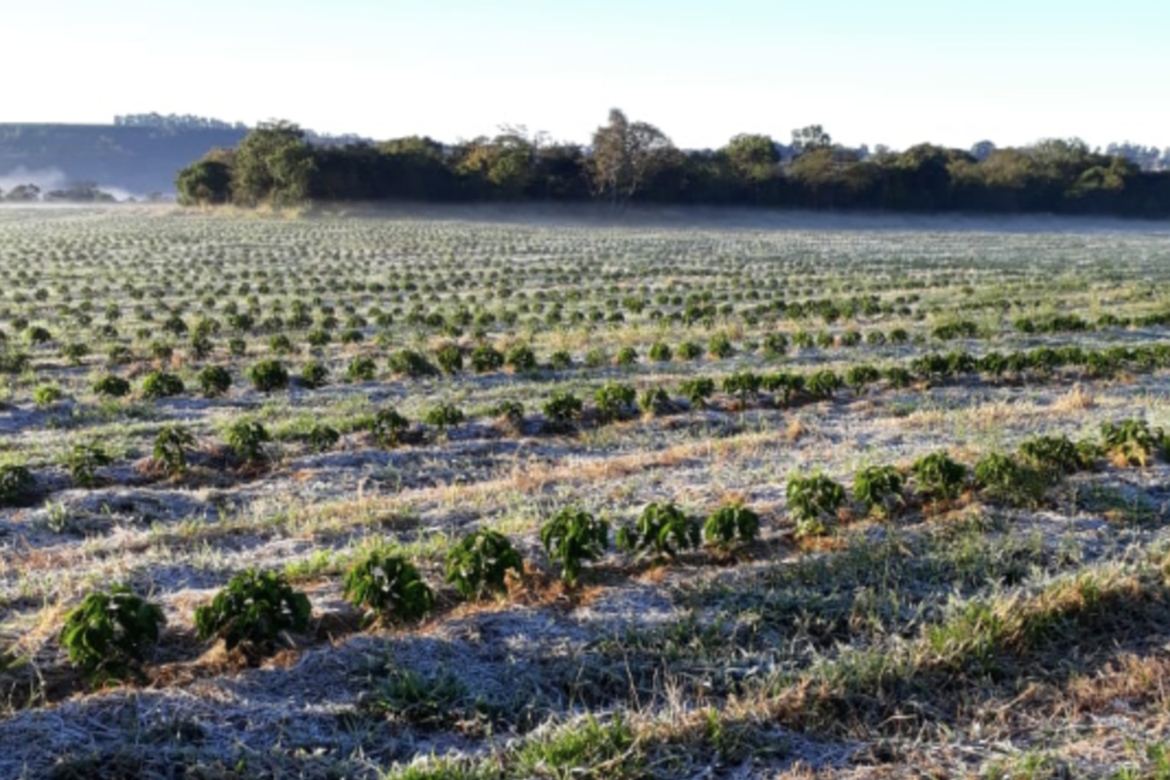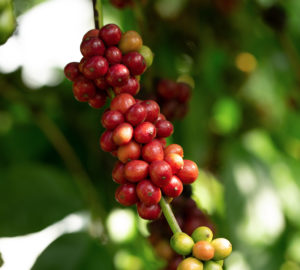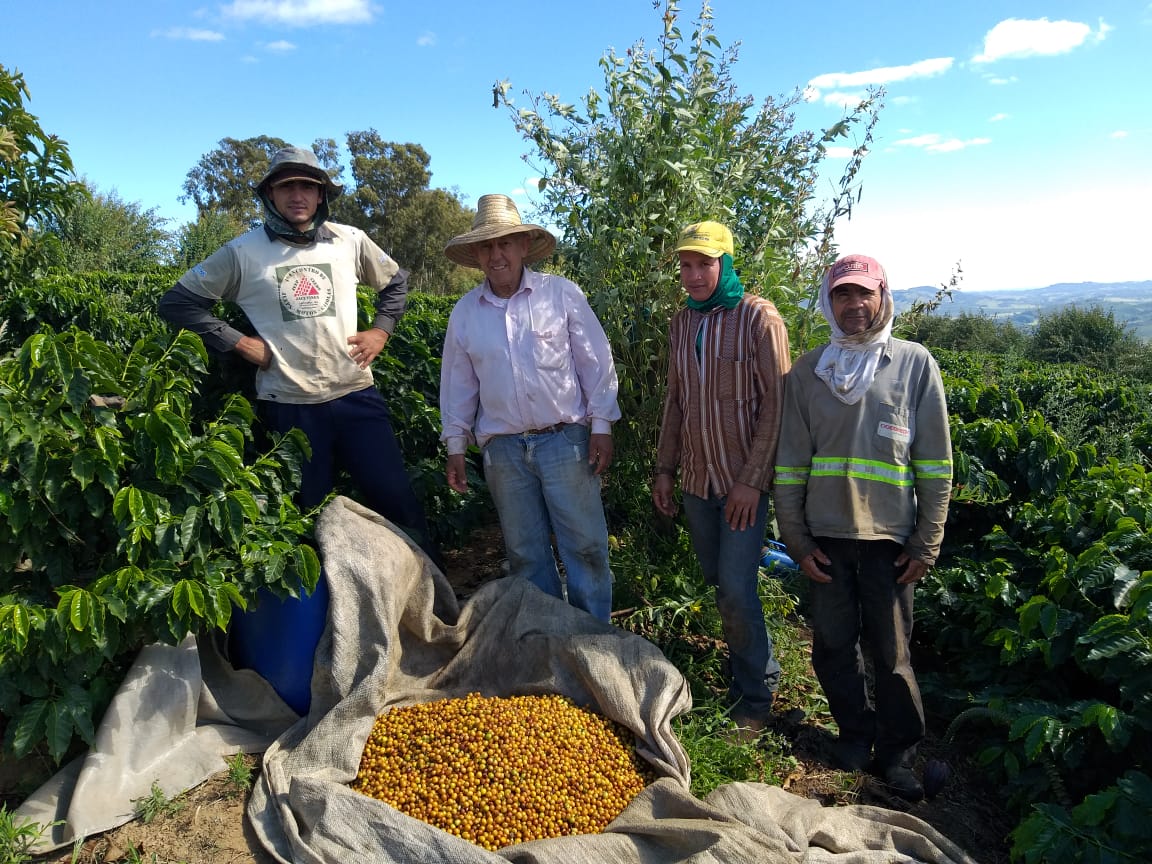
Surrounded by the Serra da Mantiqueira mountains in the interior of the state of Minas Gerais, Andradas is a small Brazilian city with only 10,000 inhabitants. Amid many its coffee plantations, is the iconic Elephant Mountain, which, rumors say, once housed a gigantic diamond embedded precisely where the animal-shaped-mountain’s eye should be.
But it was not the valuable gem that helped the city develop: Andradas has a long tradition in the production of wines and coffee, inherited from the families of Italian immigrants who settled there to dedicate themselves to the land. But as with many other cities in Minas Gerais—the state that produces 74% of the coffee beans in the largest producing nation in the world—the city found in coffee one of its major economic engines.
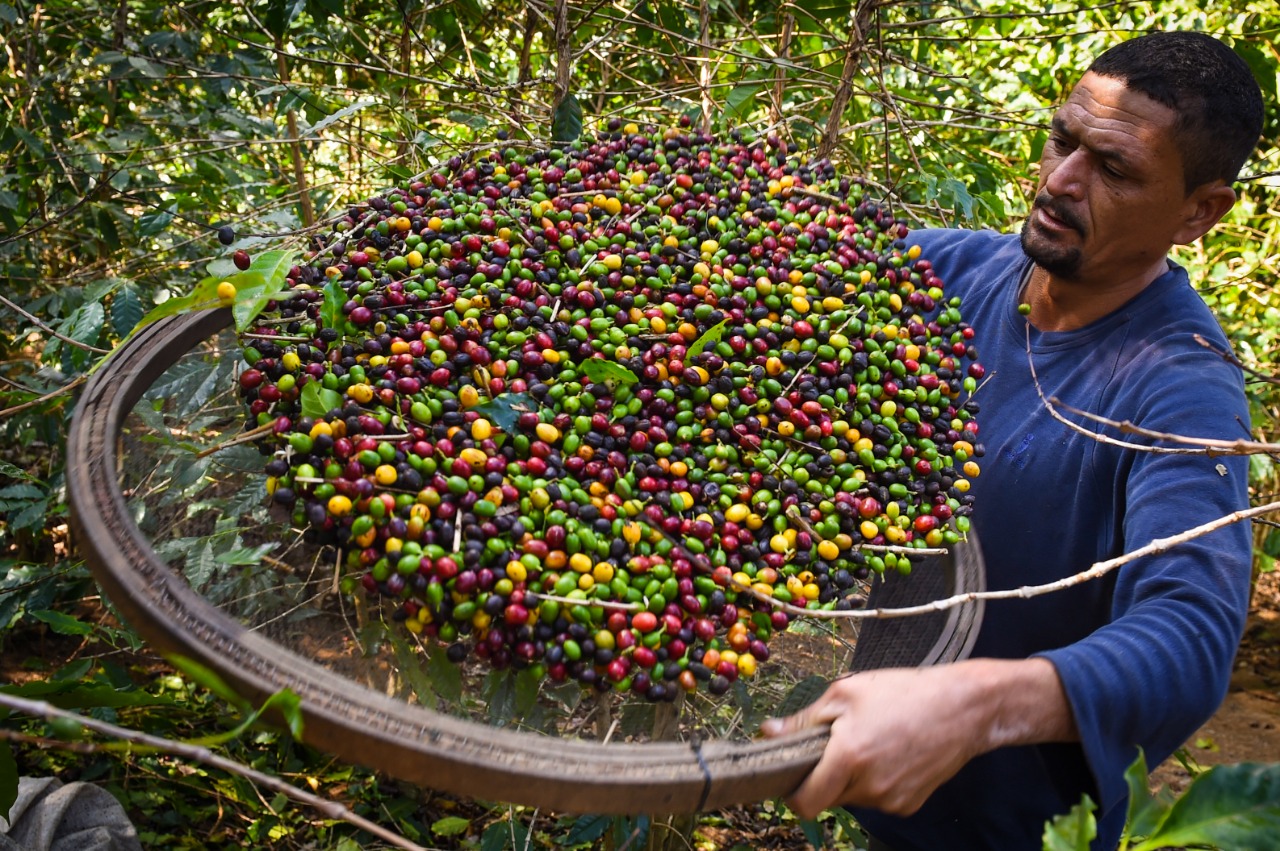
For 2020, the state estimates a harvest of almost 2 million tons of beans, an increase of 26% compared to last year. In the face of this positive scenario, professionals in the coffee industry have gathered to improve the quality of harvested coffee to make Andradas an international reference—the Yirgacheffe of Brazil, if you will.
Agricultural engineers Rafael Alberto Silva and Eduardo Sampaio, and Q-grader Mariana Del Guerra joined forces with local farmers to create a project, Mapa dos Sabores (Flavors Map), to showcase the value of the city’s coffee. The team has made a selective harvest to show the potential of coffee grown in the city: some scored as high as 88 points last year. Many of the producers did not even imagine that their coffee could be of such quality.
“I didn’t understand anything about punctuation, but just from tasting the coffee, I knew that it had changed a lot,” says José Marconi, one of the 15 producers who made part of the first phase of the project, in 2019. “And there was no need to invest, it was just to change some practices that we had been adopting in the field,” he added.
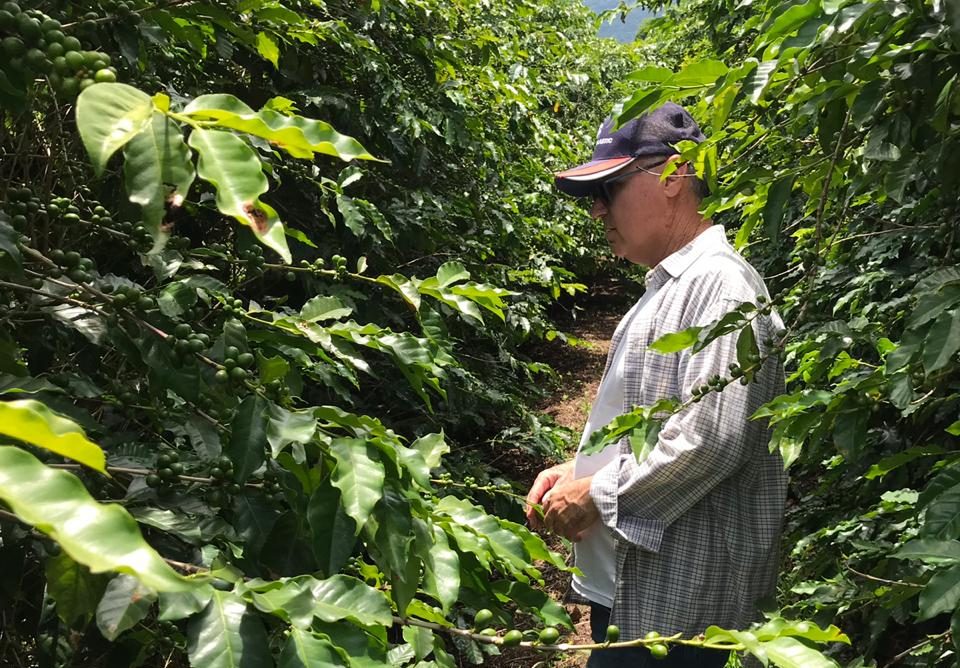
According to Rafael Alberto Silva, one of the project’s agronomists, Mapa dos Sabores’ main goal is to prove that the city can produce coffee beans with international standard quality, respecting sustainability processes and showing how Andradas’ city culture is related to coffee. “The only way to showcase it is by doing it together.” he says.
The project is also meaningful to farmers’ cooperatives and the local government, since specialists believe that the city can also benefit a lot from the project in the long term, especially concerning tourism.
Time is essential for something so ambitious: adopting processes to implement the project is something that needs to be done with dedication and constancy, according to agronomist consultant Eduardo Sampaio, who is part of the Mapa dos Sabores board. But the expert states that the first results obtained were more than sufficient to assure the potential quality of the harvested coffee.
“Andradas has all the requirements,” says Sampaio, who highlighted the need for selective harvesting (focusing on red cherry), more planning, and—most of all—better bean processing. “To show this potential to the world,” he says, “it will take a lot of work.”
For that, they rely on the help of a marketing professor all the way from the University of Rotterdam, Stefano Puntoni. Together with his students at the Rotterdam School of Management, Erasmus University, he has been developing ideas for boosting Andradas’ ability to market its coffee in export markets (mainly Europe).
“We are currently writing a case study summarizing some of the ideas,” says Sampaio. “It isn’t easy to create a differentiated brand in such a competitive market, but there is a lot of interest in local coffee brands. Consumers seek quality and authenticity, and Andradas can leverage its unique position to appeal to those needs,” he says.
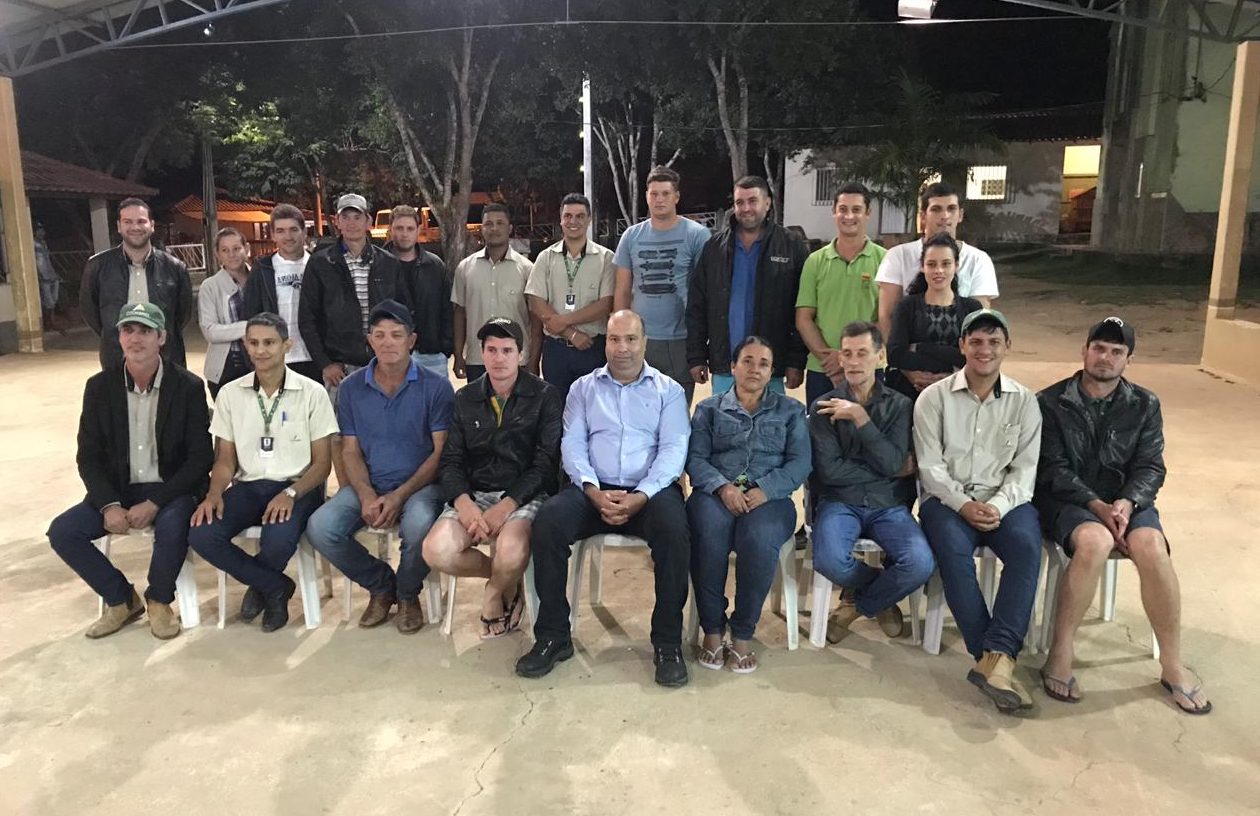
Andradas’ coffee producers need to work together to create a strong brand, Sampaio advises, by blending an emphasis on quality (leveraging the unique soil and altitude of the city), a real social mission, and a link to the place and its people to make the brand more human and appealing. “In that sense, I think that the Mapa dos Sabores project is a great start,” he says.
For Puntoni, it is essential to realize that marketing is a powerful tool not only for the big corporations that own famous brands in the coffee market. “I see marketing and branding as crucial tools for social development as well,” he argues.
For that, the role of the cooperative will be crucial. “First, if the quality is not uniformly high, the proposition will fail. Second, if the producers fail to come together to create a strong brand with a social mission, the proposition will not be able to reach consumers and break through the clutter,” he adds. In this case, like in many others, there is strength in numbers.
Eduardo Sampaio hopes that the quality achieved by some producers can motivate others to join the project. “We will only really have consistency and something palpable to show the world if we have at least 50 registered producers working for higher quality,” he says.
“It is also important to create a sense of belonging among farmers so that they realize the value of their land, their craft in the crops.” “The diamond can be there,” he guarantees. They just need to polish it.
Rafael Tonon is a freelance journalist based in Portugal. Read more Rafael Tonon on Sprudge.










